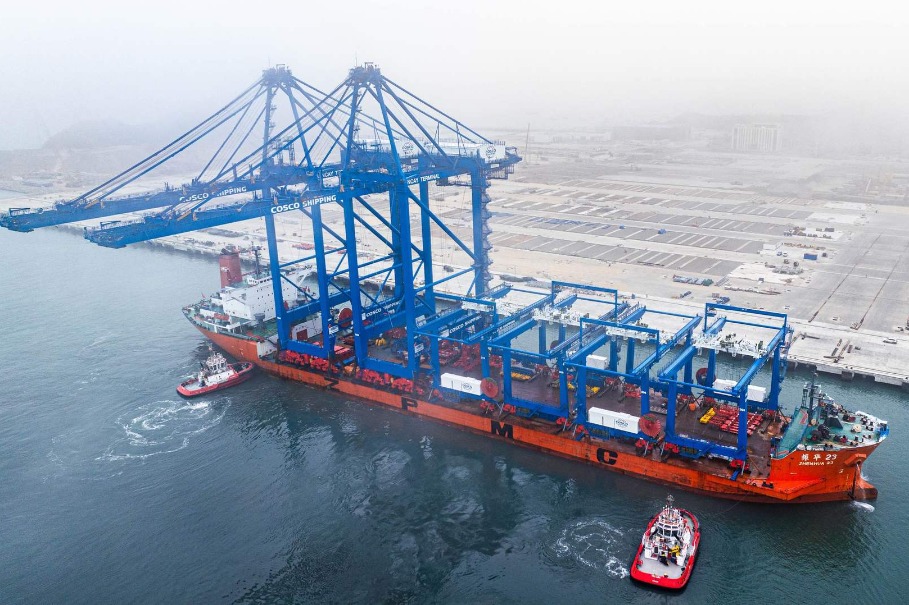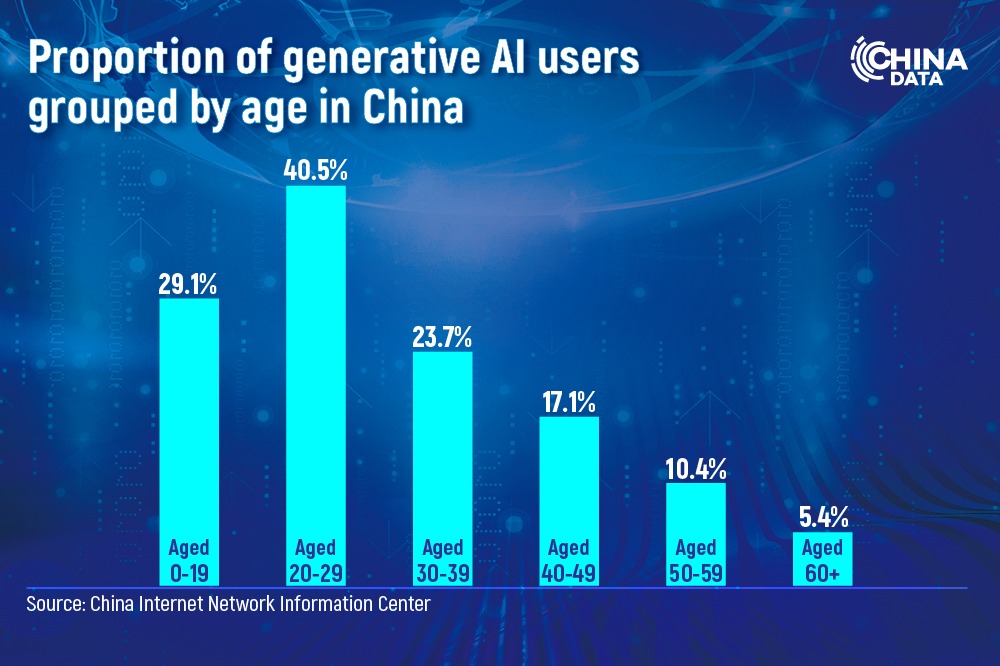Japan ties set to improve despite twists and turns

Enough reasons for deepening trade ties

China and Japan saw a positive development last year with bilateral trade registering growth by overcoming the impact of the political confrontation in the previous years. It's time therefore that the two sides abandoned antagonism, and communicated in the right spirit to pursue deeper cooperation for mutual benefit.
Otherwise, some non-regional powers will benefit from the lose-lose Sino-Japanese relationship and dominate regional issues. Tokyo ought to realize that the interest of any outside powers is not the same as that of Japan. Outside powers would not want to see Sino-Japanese relations improve, as that would weaken their influence on Japan. Non-regional powers are opposed to the establishment of a free trade zone between China, Japan and the Republic of Korea precisely because it will undercut their influence in East Asia.
So every time China-Japan ties show signs of improvement, the outside powers try to create new disputes between the two neighbors. Regrettably, some Japanese politicians have been influenced by such an outside power to pass remarks and make moves that hurt China. In fact, by challenging China's strategic bottom line, they have to a certain extent succeeded in creating frictions between Beijing and Tokyo.
Japan's foreign policy toward China is more often than not swayed by non-regional powers and thus lacks consistency. At the same time, the Abe government has shown some flexibility in dealing with China in order to maintain Japan's interests and reduce the interference of outside powers in regional issues.
China and Japan should cooperate to tap into the huge Chinese market. And there is enough room for the two sides to cooperate on the Belt and Road Initiative, which will allow them to make use of their complementary advantages to realize mutual benefit.
Japanese investment in the Belt and Road projects, for example, could help reduce the costs and increase profitability. And Japanese enterprises' advanced economic management skills and Chinese enterprises' strategic planning and geopolitical advantages can create areas of convergence of interests for bilateral strategic cooperation.
Zhou Yongsheng is a professor at the Institute of Japanese Studies, China Foreign Affairs University.

































